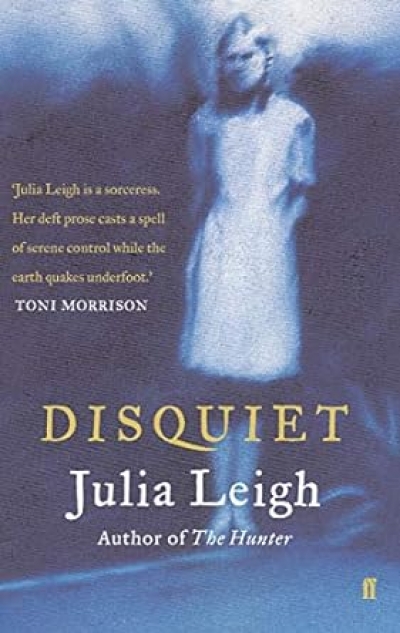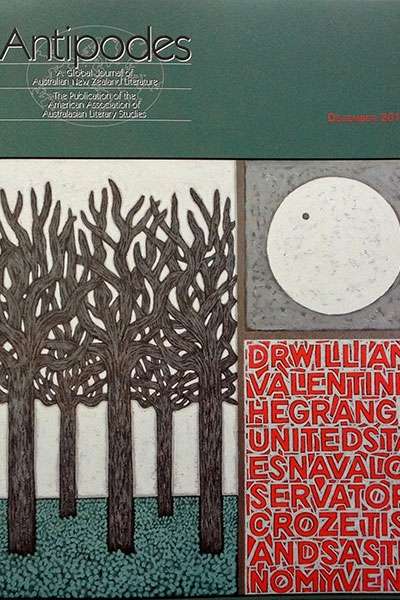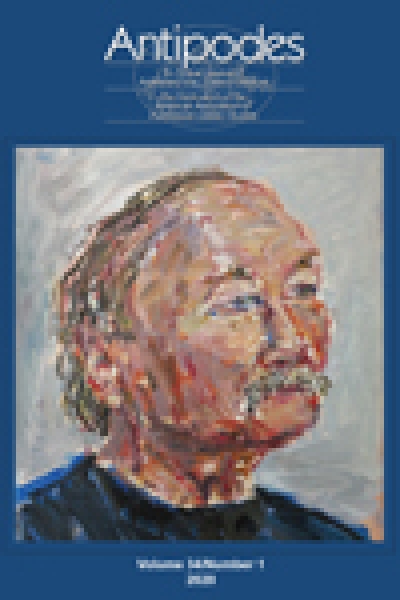Nicholas Birns
TROVE CURTAILED
Dear Editor,
As President of the Australian Historical Association, on 2 March I sent the following letter to the Hon. Malcolm Turnbull MP, Prime Minister of Australia, (and copied it to the Hon. Bill Shorten MP, Leader of the Opposition; Senator the Hon. Mitch Fifield, Minister for the Arts; and the Hon. Mark Dreyfus QC, MP, Shadow Minister for ...
Antipodes: A Global Journal of Australian/New Zealand Literature, Vol. 26, No. 2 edited by Nicholas Birns
Antipodes: A North American Journal of Australian Literature was founded in 1987 as the journal of the American Association of Australian Literary Studies, itself founded the previous year. Both institutions are products of the Hawke era, when the still-simmering question of Australian identity and the Australian film boom of the early 1980s created an ideal state for Australians to be interested in (and to help fund) US literary culture’s own nascent interest in Australia.
From the beginning, it had no problem attracting prestigious contributors. A.D. Hope, Peter Carey, Les Murray, Thea Astley, Rosemary Dobson, and Mudrooroo were all featured in early issues. Even Patrick White consented to be profiled, though not formally interviewed, by our gentlemanly founding fiction editor, Ray Willbanks. Paul Kane, our poetry editor, has always made sure we are vitally engaged with the best and most exciting Australian verse. The journal continues to publish biannually, with most space devoted to refereed academic essays, but also including fiction, poetry, book reviews and the most recent addition – creative non-fiction, a hybrid genre in which regular contributors such as Ouyang Yu, Elizabeth Bernays, and the ‘Trans-Tasman’ figure Stephen Oliver have excelled.
... (read more)Traditionally, there has been an almost physical force, like a law of gravitation, making Australian literature’s visibility in the United States an elusive phenomenon. This is not, contrary to received opinion, because Australian literature did not meet world standards. It is hard to conceive of Christopher Brennan, Joseph Furphy, and John Shaw Neilson not meeting ‘world standards’. What does this mean, anyway? It seems to indicate not just that the work is of merit but that it is aware of wider literary and cultural conversations. Brennan and Furphy’s overt intertextualities show their enmeshment with global literary developments. Neilson’s cosmopolitanism, as Helen Hewson has shown, is there, but is admittedly more difficult to discern. Yet Neilson’s poetry makes demands that show that pure poetry can be as indicative of sophistication as heavily allusive verse, as in ‘Song Be Delicate’:
... (read more)






